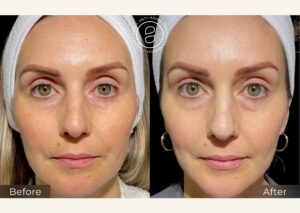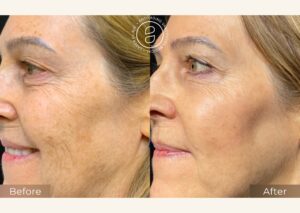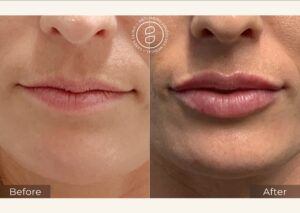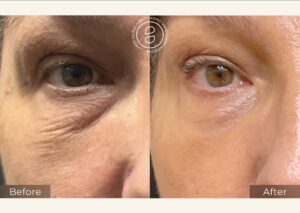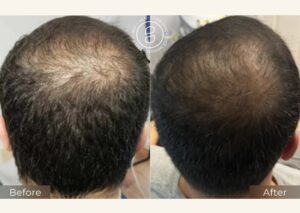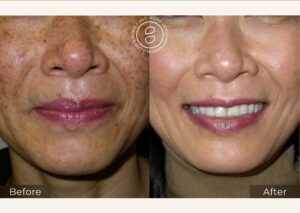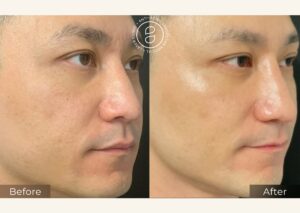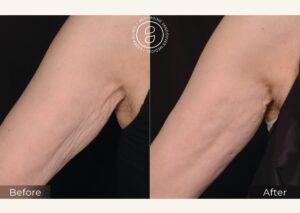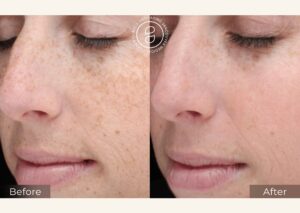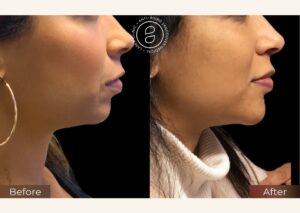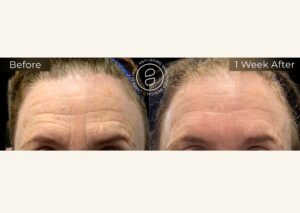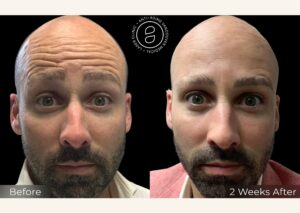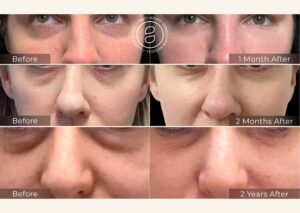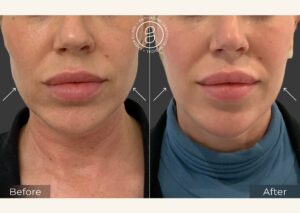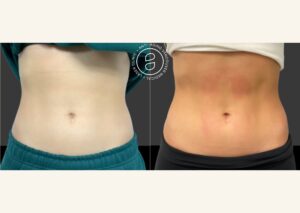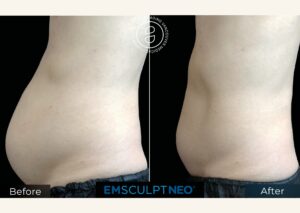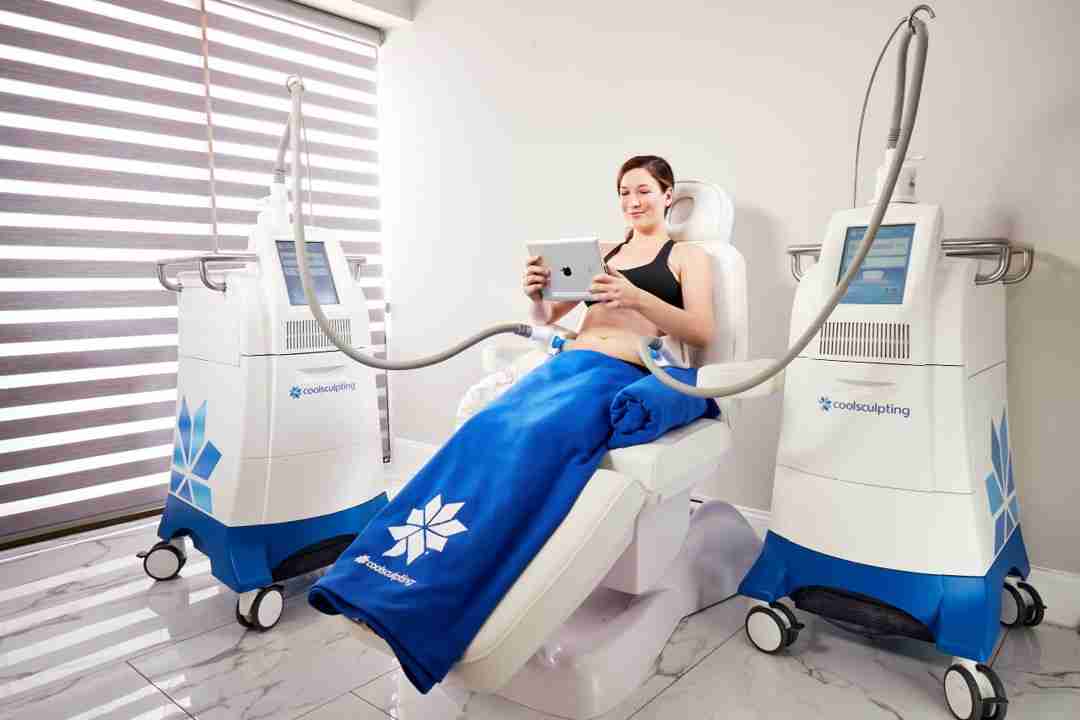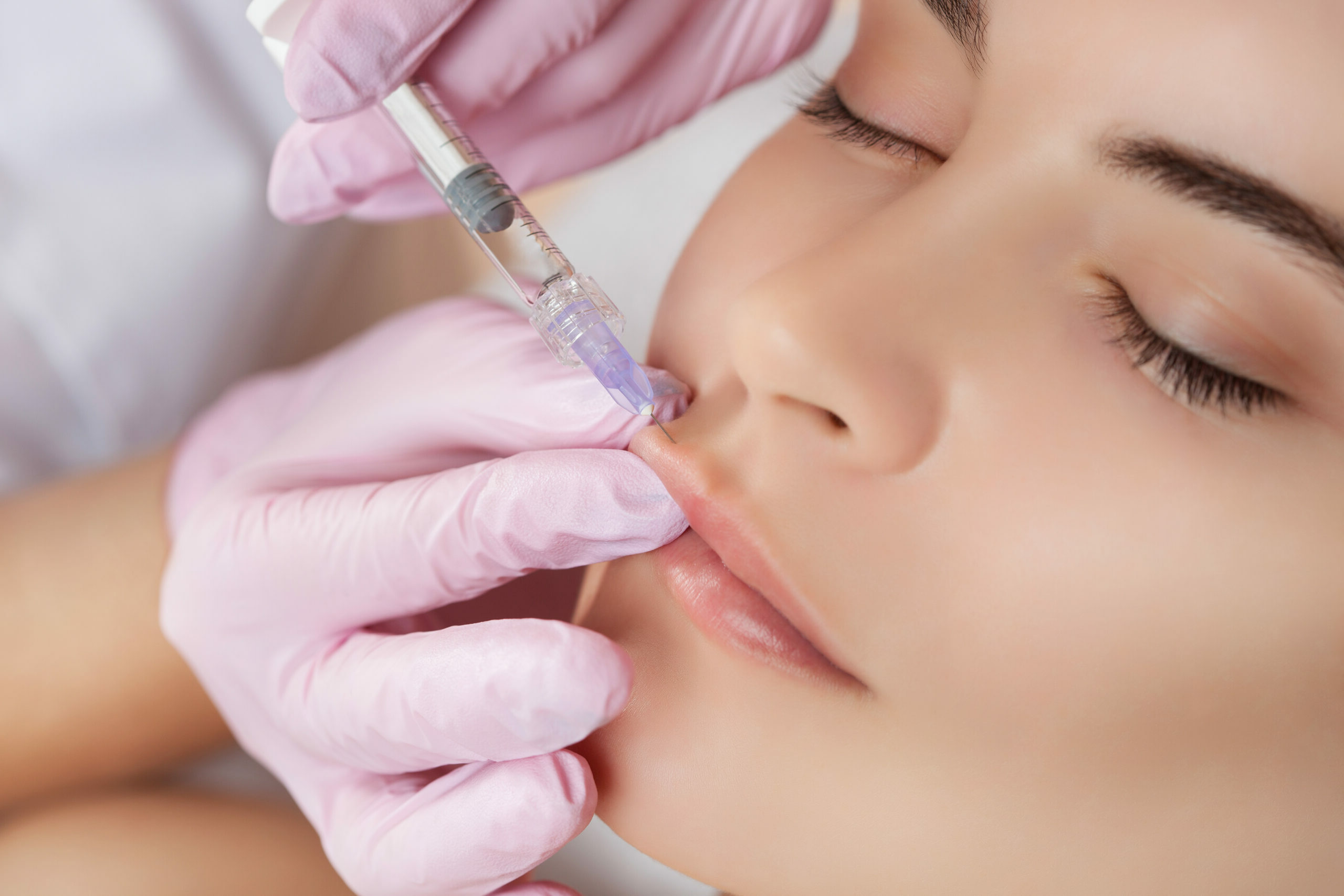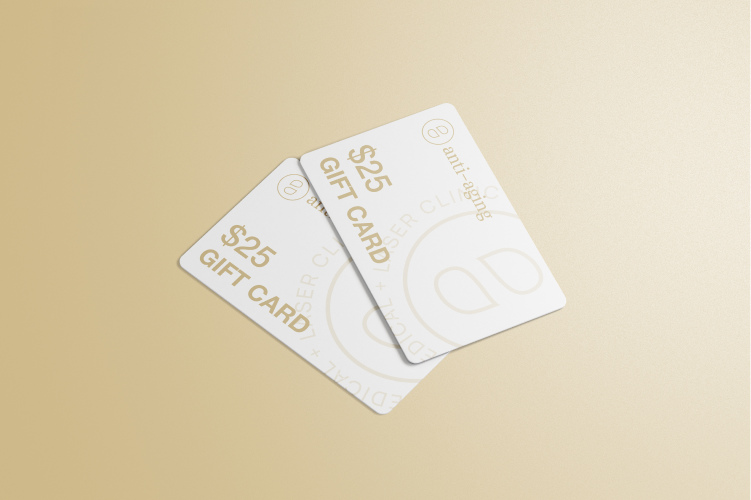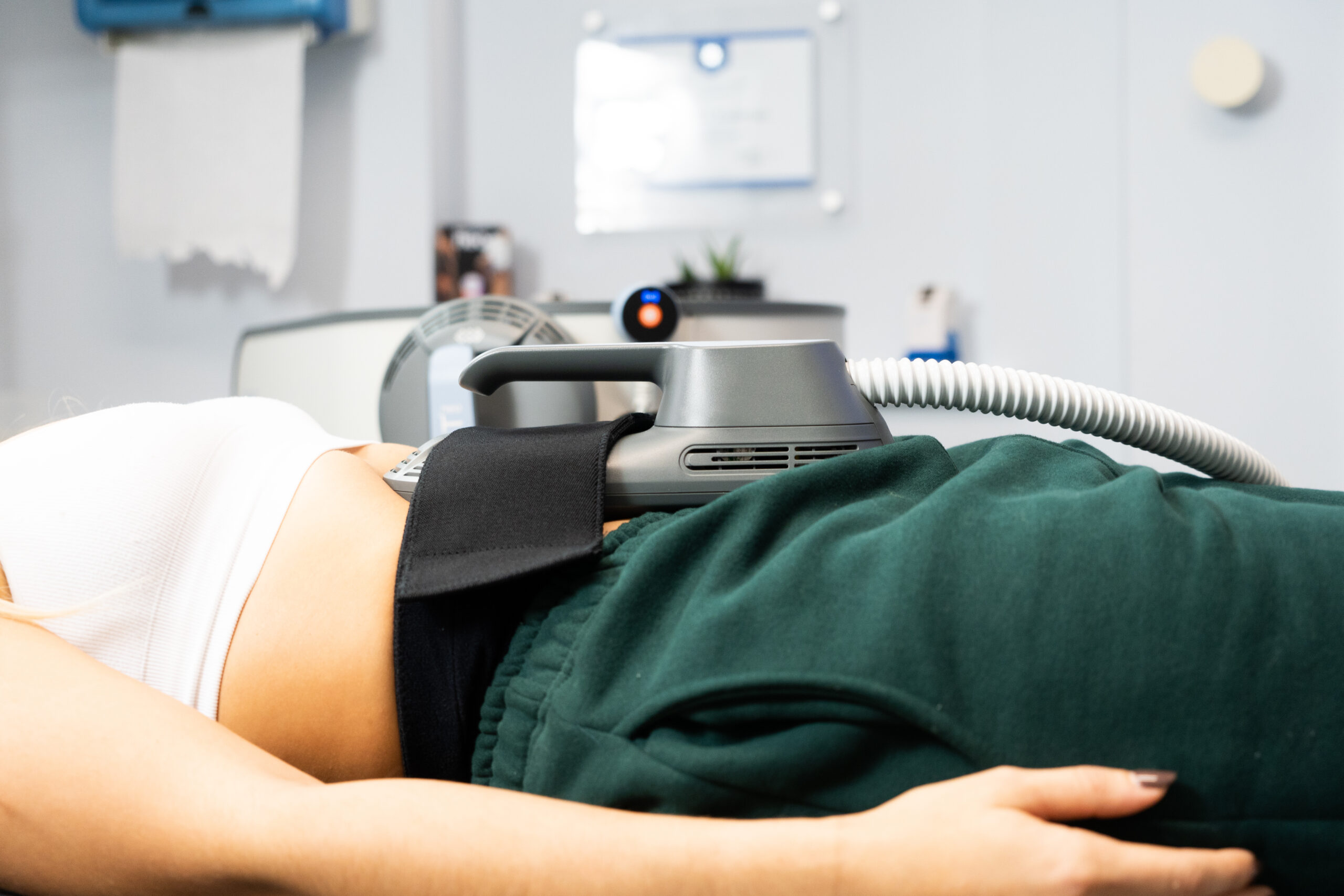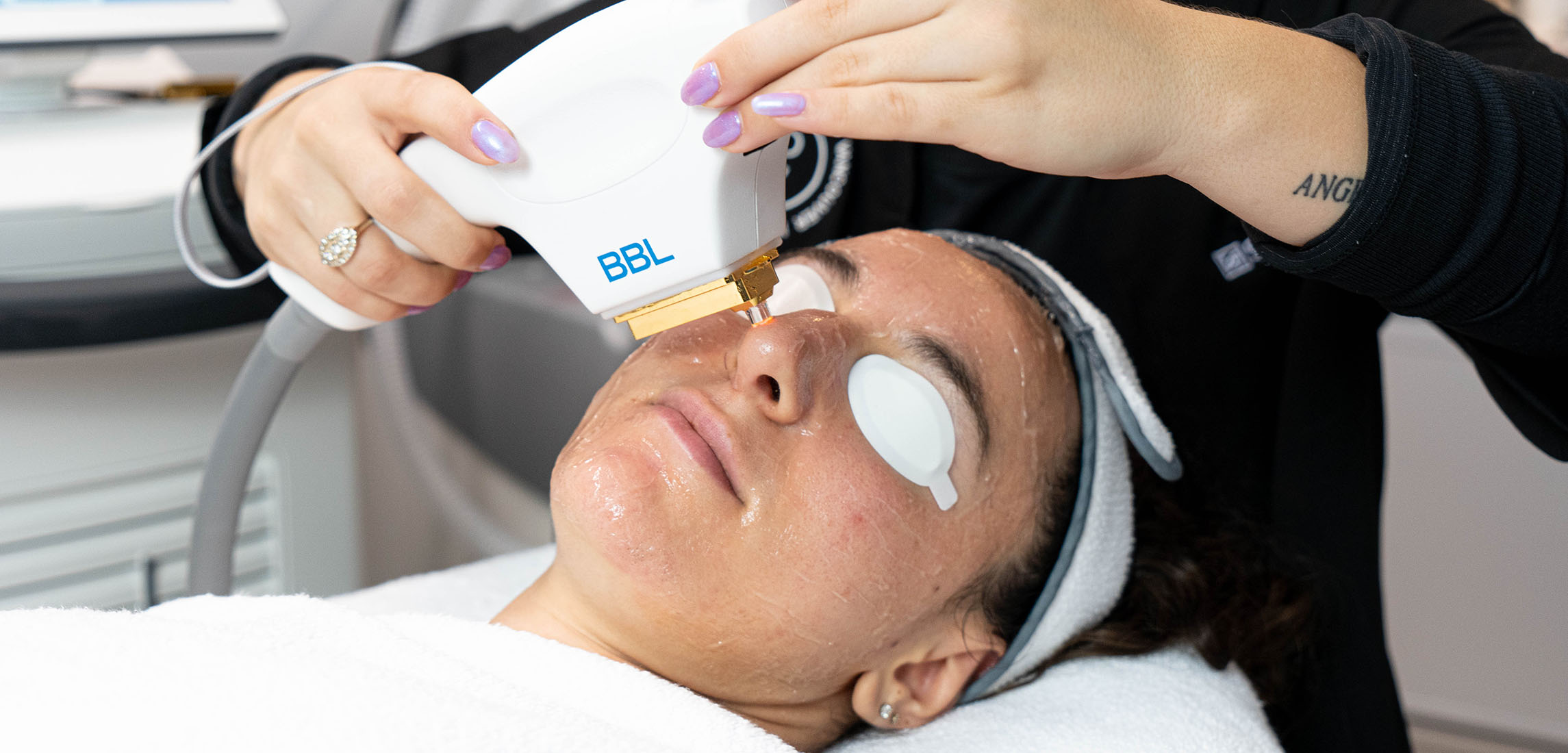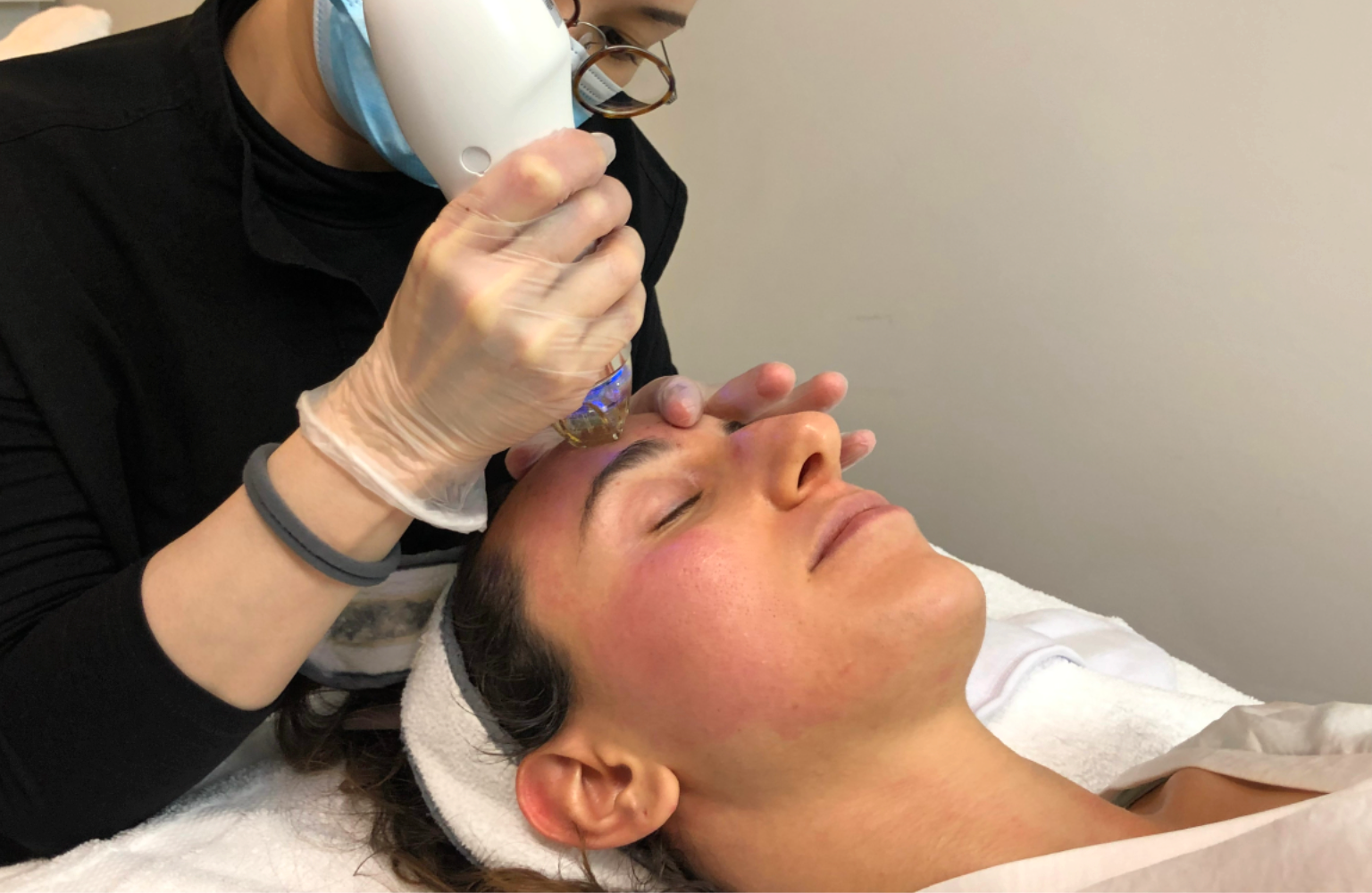Study Shows Solid Connection Between Inflammation & Coronary Artery Disease
Coronary artery disease or CAD and its main complication, heart attacks, kills one in 5 men and 1 in 7 women in the UK alone.
In a worldwide study, over 180 researchers analyzed DNA from over 60,000 cases of CAD and 130,000 apparently unaffected people. The researchers found that a person’s genetics and the way they metabolize fats (cholesterol) was the main cause of the disease…no big surprise there, however, the second biggest connection was inflammation.
Why is this so important?
“These findings show, for the first time, clear evidence that several of the genetic risk factors (like cholesterol or high blood pressure) for CAD, function through known inflammatory pathways,” said Dr. Robert Roberts, President, and CEO of the Heart Institute and Director of the Ruddy Canadian Cardiovascular Genetics Centre. “This identifies a novel pathway for the prevention of heart disease and establishes molecules that can now be targeted for developing new therapies.”
Simply put, this new info will change the way they treat and help prevent heart disease.
You’ve probably heard a lot about the links between inflammation in the body and disease. Many people like Dr. Perricone and Dr. Andrew Weil have been on this for years. There are supplements and adjustments to your diet that can help with calming this inflammation. This is a huge subject and worthy of many blogs but here are a few natural anti-inflammatories that you can consider adding to your daily intake. Dr. Weil also suggests taking a daily dose of aspirin but as always, you should consult your doctor before adding anything like aspirin on a regular basis.
Turmeric: (Curcuma longa): Turmeric accounts for the yellow color of curry and American mustard and has a distinctive sharp flavor. I recommend turmeric for all inflammatory disorders, including arthritis, tendonitis, and autoimmune conditions. Take 400 to 600 milligrams of turmeric extracts (available in tablets or capsules) three times per day or as directed on the product label. Whole turmeric is more effective than isolated curcumin, its major constituent. Look for products standardized for 95% curcuminoids. Be patient: the full benefit takes two months to develop. Don’t use turmeric if you have gallstones or bile duct dysfunction. Pregnant women shouldn’t use it without their doctors’ approval. In rare cases, extended use can cause stomach upset or heartburn.
Ginger: Powdered dry ginger is an excellent anti-inflammatory. Take one to two capsules (500 to 1,000 mg) twice a day with food. As with turmeric, you won’t get the full effect for two months.
Boswellin: This is the extract of the herb Boswellia, used in Ayurvedic medicine and available in capsule form. It may be useful for generalized inflammatory conditions such as fibromyalgia. The dosage is two capsules twice a day unless the product label directs differently.
You can take all of these herbs in combination. In fact, I most frequently recommend the herbal remedy Zyflamend, from New Chapter, Inc., which includes most of them and more, including holy basil, another Indian remedy. Follow the dosage directions on the package.Dr. Weil
As we wait for more studies to possibly prove the inflammation and disease link perhaps we might want to consider the “better safe than sorry” attitude. What do you think?

